This reality causes thousands of real estate brokers to "face difficulties", not to mention the potential risks that destabilize the real estate market.

Consequences of legal delay
The 2023 Law on Real Estate Business brings great expectations in standardizing the real estate brokerage profession. Accordingly, instead of operating freely and independently as before, Article 61 stipulates that individuals practicing real estate brokerage must have a practice certificate; must practice in a real estate trading floor service business or a real estate brokerage service business.
To organize the implementation, Article 19 of Decree No. 96/2024/ND-CP detailing a number of articles of the Law on Real Estate Business, effective from August 1, 2024, stipulates that the People's Committees of provinces and centrally run cities are responsible for organizing the assessment exam and granting certificates. However, no such exam has been organized yet. Most localities are slow to implement, have no exam organization plan, and have not issued unified instructions, causing anxiety for the real estate brokerage community.
Dr. Nguyen Van Dinh - Chairman of the Vietnam Association of Real Estate Brokers (VARS) reflected that nearly a year of "inactivity" in organizing such certification exams, tens of thousands of brokers and thousands of trading floors are stuck, having difficulty operating because if they deliberately operate, they will violate legal regulations. "The deadlock in the operation of trading floors and real estate brokers will lead to a reduction in the efficiency of connecting supply and demand, possibly causing congestion of real estate goods from construction sites and projects to the market," Dr. Nguyen Van Dinh stated.
Regarding specific numbers, according to a survey by the Vietnam Real Estate Market Research and Evaluation Institute, with nearly 30,000 brokers, up to now, more than 6,000 students have completed the training program according to the instructions of the Ministry of Construction but have not been able to take the qualifying exam. The survey also shows that currently only about 11% of the real estate brokerage force possesses a valid practice certificate, the remaining 89% do not have a practice certificate or have expired certificates. Of which, up to 51.8% of brokers do not have a certificate and have never been trained; 24.1% have been trained but do not have a certificate; 12.8% have a certificate but it has expired.
On the business side, this situation leads to many brokerage firms being unable to recruit enough legal staff. The survey showed that up to 416 brokerage firms reported a shortage of qualified staff.
Lack of synchronization in direction and implementation
Regarding the main bottleneck coming from the delay in issuing implementation guidelines at the local level, Dr. Tran Xuan Luong, Deputy Director of the Vietnam Real Estate Market Research and Evaluation Institute, said that the solution is an effective coordination mechanism with clearly defined responsibilities, along with consensus and determination to act from both the central and local levels. The problem does not lie in organizational capacity, but in the lack of synchronization in direction and implementation. If localities continue to wait for each other or worry about responsibility, the assessment exam will remain on paper.
Dr. Nguyen Thi Tung Phuong, Deputy Head of the Department of Real Estate Business, National Economics University, said that licensing real estate brokerage training is a mandatory requirement because this is an input filtering step, contributing to controlling the quality of training effectively and transparently.
In order to soon organize the real estate brokerage certification exam, in addition to learning from the experiences of countries around the world, it is necessary to quickly assign the right to organize the exam to professional social organizations and specialized units that are qualified to provide professional training according to the Law on Education and Vocational Education. At the same time, it is necessary to build and complete the framework of knowledge, skills of the training program, a set of standards for brokerage practice capacity and ethics.
“Localities can cooperate with specialized agencies such as the Real Estate Brokerage Association and real estate standard training institutions to design exam questions. This will ensure confidentiality and organizing a national exam in localities will not be difficult,” Dr. Nguyen Thi Tung Phuong suggested.
The leaders of the Vietnam Real Estate Brokers Association have also committed to continue accompanying localities in the entire process from training, testing to recruitment support, towards a professional brokerage ecosystem.
Experts, businesses, and brokerage forces currently all hope and propose that the Ministry of Construction soon issue specific guidance documents so that the People's Committees of provinces and centrally-run cities have a basis to implement the exam in accordance with legal regulations. At the same time, it is necessary to allow qualified training units to coordinate in organizing the exam, build an online or inter-provincial exam system, in order to reduce pressure on each locality and ensure publicity and transparency in the entire system.
Source: https://hanoimoi.vn/to-chuc-sat-hach-va-cap-chung-chi-hanh-nghe-moi-gioi-bat-dong-san-khi-nao-moi-trien-khai-701775.html




![[Photo] Buddha's Birthday 2025: Honoring the message of love, wisdom, and tolerance](https://vphoto.vietnam.vn/thumb/1200x675/vietnam/resource/IMAGE/2025/5/12/8cd2a70beb264374b41fc5d36add6c3d)

![[Photo] Prime Minister Pham Minh Chinh starts construction of vital highway through Thai Binh and Nam Dinh](https://vphoto.vietnam.vn/thumb/1200x675/vietnam/resource/IMAGE/2025/5/12/52d98584ccea4c8dbf7c7f7484433af5)

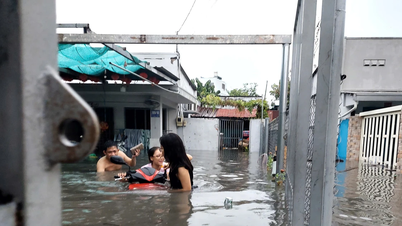
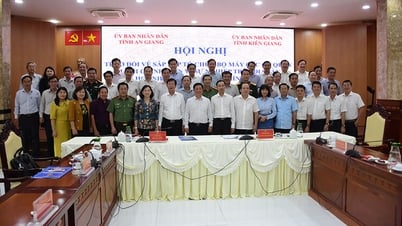


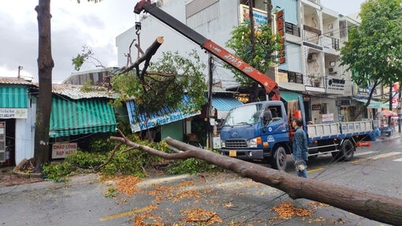
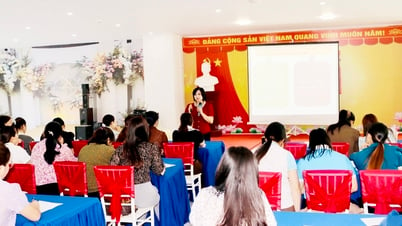




























































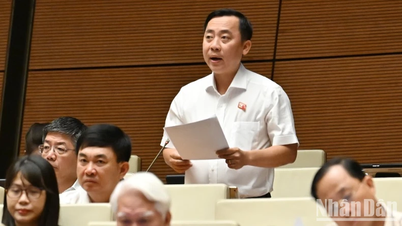



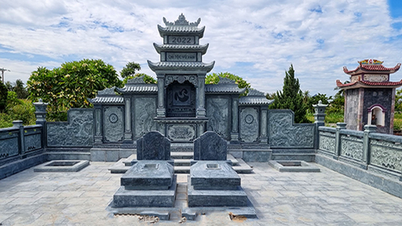











Comment (0)